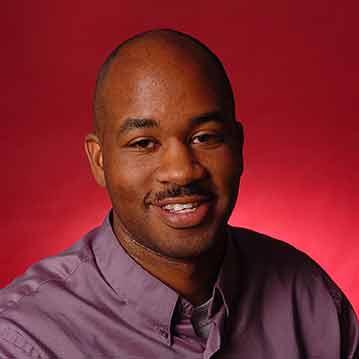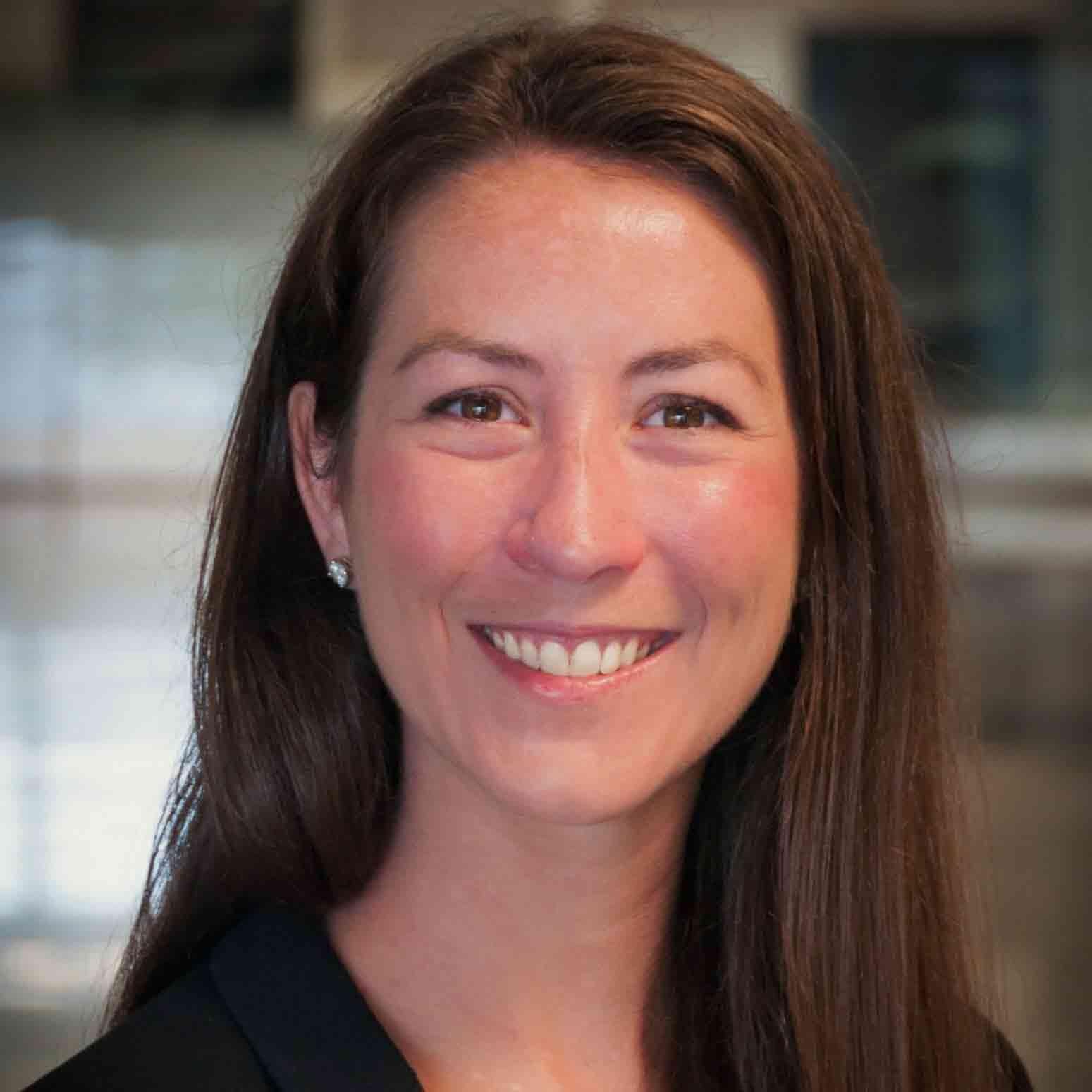Arts
Creative practice as personal expression and social commentary
Introduction
Art—in its infinite forms, functions and implications—is the most accessible and universal way of constructing meaning out of the world we inhabit.
The Arts Scholars program helps students gain a deeper understanding and appreciation of the role that art plays in society and in history. Through a mix of lectures, discussions, demonstrations, collaborative art-making and interactions with guest artists, students consider:
- How art can help us uncover our past and more readily imagine the possibilities of the future;
- How and why art may be used to make an impact or send a message; and
- What different works of art, and personal reactions to them, may signify.
Students will be challenged to conceptualize, articulate and present original ideas through a variety of methods, getting firsthand experience in creative problem-solving and project execution. Ultimately, students will strengthen their personal artistic skill and learn to appreciate a broad spectrum of art disciplines.
The Arts Scholars program attracts a diverse student population from a range of academic disciplines. No matter their area of artistic interest or skill level, students will find themselves immersed in a collaborative learning environment.
Colloquium and Lecture Topics
- What is art? What is “good” art? Understanding social definitions of art and their influence on artistic taste.
- How can we leverage the influence of artistic practice to constructively comment on the depth of our differences, our shared commonalities, and the nuances of identity as individuals and community members?
- What does research look like in the arts? Exploring common methods of creative and artistic research in the professional world.
- In what ways can we embrace creative approaches to identify, address and bring clarity to the societal challenges faced by “you,” “us,” “them” or “other”?
- How can art reshape or recontextualize understanding of our (individual and societal) learned history, biases and beliefs? How can it make visible the invisible?
- West African djembe: Exploring the role of music in community building, storytelling and cultural understanding
I have been challenged to think differently, work cooperatively, embrace creativity and, most importantly, go beyond the limits I have set for myself. Because of this program, I can confidently say I feel infinitely more prepared for the “real world,” and for that confidence and growth, I could never be more grateful.
Other Learning Opportunities
A variety of learning opportunities supplements the Arts curriculum. As an Arts Scholar, you will be introduced to artists, professional ensembles and world-class institutions each semester, through workshops led by guest artists; attendance at live performances in Washington, DC, New York City and on campus; and visits to the Smithsonian's renowned art and history museums.
In addition, you will get a chance to:
- Conceptualize, execute and present a capstone project of your choosing during your second year;
- Participate in service-learning with local schools and arts nonprofit organizations; and
- Cultivate valuable leadership and communication skills through peer mentoring and peer teaching opportunities.
Curriculum Overview
Over the two-year program experience (four semesters), students will complete up to 6 credits of supporting courses that will count toward your Arts Scholars citation. In most cases, these will also fulfill General Education requirements. Note that your Scholars courses—colloquiums, capstone practicum and supporting courses—will generally be in addition to any courses you take to satisfy major requirements.
The following represents a typical two-year curriculum, but individual schedules may vary. Details about courses and requirements can be found on the Arts Citation Checklist.
| SEMESTER | COURSE | CREDITS |
|---|---|---|
| Freshman Fall | Scholars Colloquium | 1 credit |
| Academic Writing (can be taken either Freshman Fall or Spring semesters) | 3 credits | |
| Arts Service Learning (Optional) | 2 credits | |
| 2–4 courses toward degree and major requirements (including possible supporting course) | 6–12 credits | |
| Freshman Spring | Scholars Colloquium | 1 credit |
| Arts Service Learning (Optional) | 2 credits | |
| 3–5 courses toward degree and major requirements (including possible supporting course) | 9–15 credits | |
| Sophomore Fall | Scholars Colloquium | 1 credit |
| 4–5 courses toward degree and major requirements (including possible supporting course) | 12–15 credits | |
| Sophomore Spring | Scholars Colloquium | 1 credit |
| Scholars Capstone | 2 credits | |
| 4–5 courses toward degree and major requirements (including possible supporting course if not already completed) | 12–15 credits |
Sponsoring College
Residence Hall
Bel Air Hall
Faculty


Social Media, Etc.
The Diamondback: UMD students' dance workshop highlights Japanese Butoh style, May 2022
Arts News
2025 Citation Class Honored at Awards Ceremony
College Park Scholars celebrated the best and the brightest of its most recent Citation class at its annual Citation and Awards ceremony recently. The 2025 Citation class, already packed with leaders in their academic fields of study and on campus, emerged undaunted by the challenges as one of the last high school classes during the pandemic, as productive community members in Scholars and at the University of Maryland.
Scholars Honor Citation and Founders Circle Award Winners at Annual Ceremony
College Park Scholars, celebrating the 30th anniversary of the program's founding, honored the best and the brightest of its most recent Citation class at its most recent Citation and Awards ceremony. This tenacious class, filled with future changemakers and leaders, pushed through a challenging start to college that began during the pandemic to emerge as standouts in the classroom, in their communities, and at the University of Maryland.
‘Why Doesn’t Everybody Want to Do This?': A New Teacher’s Midyear Reflection
The following article originated in EducationWeek:Saxon Brown, a College Park Scholars Arts program and UMD alum, possesses a rare combination of childlike idealism and old soul pragmatism. Both traits have come in handy to the first-year English teacher at Bel Air High School, a large school of about 1,500 students in a suburb north of Baltimore. The 22-year-old is far closer in age to his students than he is to his colleagues, most of whom range from 40 to 65.Earlier this month, Brown spoke to Education Week about how he’s faring in his first year, which is widely seen as the start of the “make or break” period for new teachers.
Two More Programs Added to Scholars for 2024-25
COLLEGE PARK, MD. – College Park Scholars in Fall 2024 will add two programs to its roster of two-year living-learning experiences for academically talented students, but one will look and sound familiar.Data Justice will debut, and the University of Maryland’s CIVICUS program will relaunch with a new name: Civic Engagement for Social Good.The expansion will bring the number of Scholars programs to a record of 13 and provide 150 additional first-year students with the opportunity to begin their college journeys as members of an intellectually rich and socially vibrant Scholars community.
Scholars Celebrates Citation and Founders Circle Award Winners at Annual Ceremony
When the Citation class of 2023 entered the University of Maryland, they were already adjusting to a rapidly changing world being constantly reshaped by the Covid-19 global pandemic. One thing that didn’t change – their commitment to excellence in the classroom. All who successfully completed the requirements of their respective Scholars program received their official Scholars citation. But there were some that went above and beyond the expectations, leaving a lasting impact on the community.
Invasive plants threating DC parks
University of Maryland students partnered up with Montgomery Parks staff and volunteers for an important day of pulling weeds.
